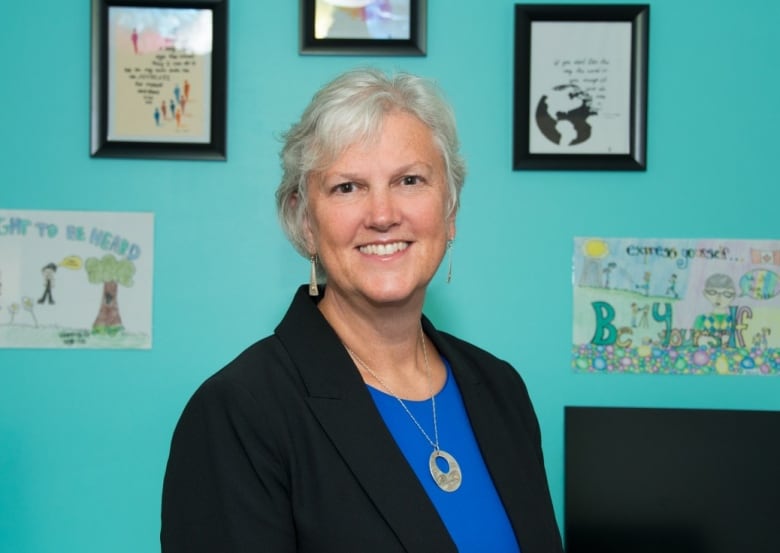British Columbia’s child and youth representative says trying to follow the money trail when it comes to ministry funding for the welfare of Indigenous children in provincial care revealed a “jarring” lack of data transparency.

British Columbia’s representative for children and youth says the system of funding child welfare services for Indigenous kids is “deeply flawed” and there’s an urgent need to overhaul practices to make data accessible and transparent.
Jennifer Charlesworth says in a report released Monday that data from the Ministry of Children and Family Development makes it impossible to compare allocation of funds for First Nations, Métis, Inuit and urban Indigenous youth with non-Indigenous service providers.
Charlesworth says there’s no way to know how much money is being spent on child welfare for Indigenous children in order to assess if they and their families are being adequately supported.
She also says the ministry can’t definitively provide information on how much of the federal funding it gets actually reaches First Nations.
Charlesworth says different levels of funding are allocated based on whether a young person lives on or off reserve and whether First Nations work with their own child and family services agencies.
She called this “fiscal discrimination” and says in her report that, if the province is committed to reconciliation, it has to change immediately.
“It is now time for the B.C. government to walk its talk,” she wrote.
Human rights issue
Charlesworth’s report makes recommendations on how the ministry can do this, including updating its fiscal management and reporting practices and improving its race-based data collection.
Funding is allocated differently because children living on reserve are funded by the federal government while the province pays for children in care living off reserve.
In 2016, the Canadian Human Rights Tribunal issued a decision that said the federal government discriminated against First Nations children by underfunding an on-reserve child welfare system that paid little attention to the consequences of removing First Nations children from their homes.
Now, the federal government must pay for for on-reserve child welfare services at actual costs, based on a needs-based budget that includes culturally rooted prevention services.

Mary Teegee, B.C. representative on the National Advisory Committee on First Nations Child and Family Services, said funding children differently depending on where they live is “abhorrent.”
“A child is a child,” said Teegee.
She called on the provincial government to come to the table in good faith, saying the situation in B.C. is dire and linked to the legacy of residential schools.
“I would say the inequity is greater than it was when they were not providing equitable service on reserve,” said Teegee.
Over-represented in the system
In 2022, First Nations, Métis, Inuit and urban Indigenous children outnumbered non-Indigenous children in B.C. government care by a ratio of almost three to one even though they make up only 10 per cent of the total population of children in B.C.
Currently, 68 per cent of children in care are First Nations, Métis, Inuit or urban Indigenous.
Michael Crawford, president of the B.C. Association of Social Workers, said the association supports the report’s recommendations for increased child welfare funding for Indigenous children and better fiscal accountability for the children’s ministry.
“Indigenous child and family service agencies understand the need to engage in broad-based prevention efforts to ensure healthy children, families and communities,” said Crawford. “It’s time for the B.C. government to respond fully to these calls with adequate funding.”
The B.C. government says it plans to analyze the report’s findings in the coming weeks.
“We need to transform the system,” said Minister of Children and Family Development Mitzi Dean.
In a statement, Dean said her ministry works annually with First Nations to develop accountability statements to track provincial funding, and the ministry has recently met with Indigenous child and family service agencies to discuss funding.
“We are committed to continuing the important work we have begun together with our partners on a new fiscal framework that will ensure equitable funding for Indigenous children, youth and families in our province,” said Dean.
Charlesworth, in a press conference Tuesday, said if the province is serious they need to take action now.

